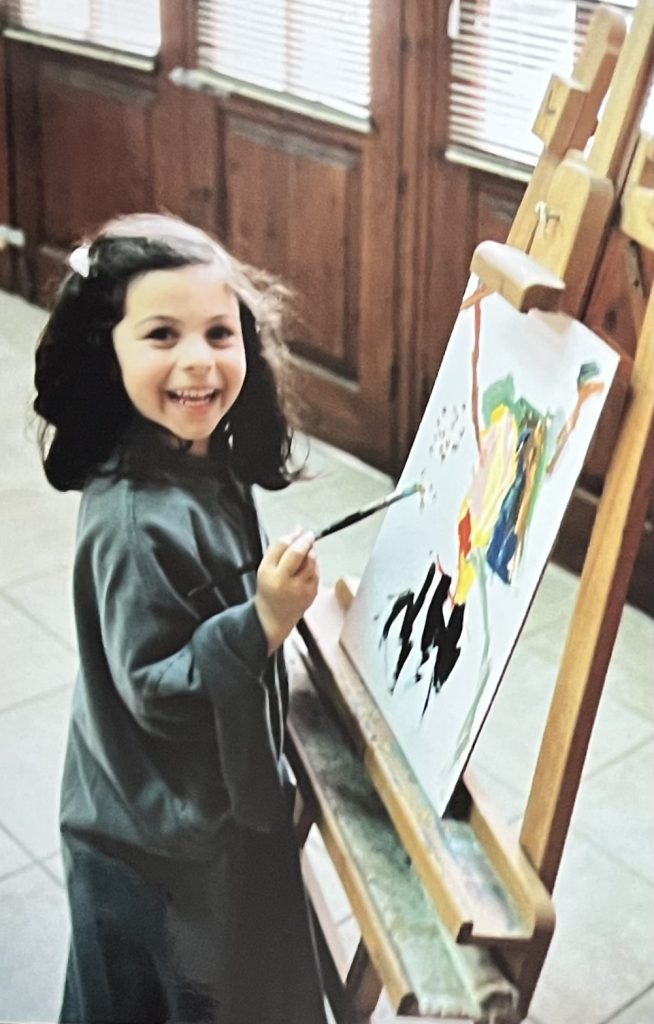Be prepared to present your work in progress for Unit 5: Body of Chronicles + Portfolio of Failure. The presentation format and requirements are detailed belo
The First Annual Fall Festival of Failure (14 Oct–10 Nov)
For the next month, we’ll engage in the practice of ‘little pushes’.
Premise: Based on inverting Sir Dave Brailsford’s Marginal Gains (starts at 6:37)—the focus is on a ‘little push’ and taking risks.
ANALYSIS:
Sir Dave Brailsford – CORE Principle and Marginal Gains
Sir Dave Brailsford, former performance director of British Cycling and team principal of Team Sky (now Ineos Grenadiers), is widely known for pioneering the concept of marginal gains in sports. This philosophy, which he applied with great success to cycling, focuses on making tiny improvements across various areas of performance. Each of these small, seemingly insignificant improvements adds up over time to create significant overall gains in performance.
Marginal Gains Concept:
Brailsford believed that if you improve every aspect of an athlete’s performance by 1%, the cumulative effect can lead to a dramatic improvement in results. This approach involved analyzing every tiny detail, from athlete training, nutrition, and equipment to sleep patterns and recovery, and finding ways to make small but meaningful improvements.
Examples of marginal gains included:
- Optimizing the cyclists’ sleep by designing the best pillows and mattresses.
- Improving riders’ nutrition by tailoring it specifically for each individual.
- Enhancing the cleanliness of team equipment to reduce the risk of illness.
- Even applying aerodynamic improvements to clothing and bicycles.
This philosophy led to an unprecedented period of success for British cycling, including multiple Tour de France victories and Olympic gold medals.
CORE Principle:
In addition to marginal gains, Brailsford also emphasized the importance of a “CORE” principle in performance development. Although there isn’t a single widely published breakdown of the CORE acronym, it generally reflects:
- Commitment: Being fully dedicated to the goals and process of improvement.
- Ownership: Taking personal responsibility for every aspect of one’s performance.
- Responsibility: Ensuring accountability within the team and personal levels.
- Excellence: Always striving for the highest possible standards in all aspects of preparation and performance.
This blend of the marginal gains strategy and the CORE principle helped establish a culture of continuous improvement and excellence in British cycling.
END OF NOTES
- Principles:
- Complete one ‘little push’ on 25 out of 28 days; there’s value in little and often.
- Document your results.
- Fail in the service of your practice. This can be established or shaped through the contest.
- The contest is the context; you are competing against yourself.
- We’re pushing together. Anticipate sharing your wins and losses in open studio + online.
Is this largely part of what we will be evaluated on in UNIT 5??? Why is this not in the brief? Will we be graded on the evidence?????
What is this form for?? if it is 25 pushes in 28 days then why is it only 7 boxes?
https://docs.google.com/document/d/1WyO6DL5neUMOhAxt8Hy1wDfg2hiVZvEWGyLB_is40KE/edit?usp=sharing
Provide an example of a failure in your practice.
painting for client with cy environment- focusing too much on detail and it came out frozen and charmless but then i got drunk and fixed it? (?) inappropriate lmao
LIVE SESSION:
LIVE SESSION
16 October 2024
We will spend the session on Formative Feedback.
Each of you will have a slot of 15 minutes. Within this time slot, you’ll present an overview of Unit 5: Body of Chronicles + Portfolio of Failure + engage in feedback. You’re responsible for managing your time, so allocate it wisely. For instance, you could do an 8-minute presentation with 7 minutes of feedback. Alternatively, a 10-minute presentation with 5 minutes of feedback—it’s up to you!
We’d like you to identify another cohort member to moderate your feedback time. For instance, person A presents, and person B moderates the feedback.
What will you present? This presentation of Unit 5 goes beyond a plan. We’d like you to show us your work in progress and how things are coming together, and we’d like you to address how you’re using your practice to address Unit 5.

